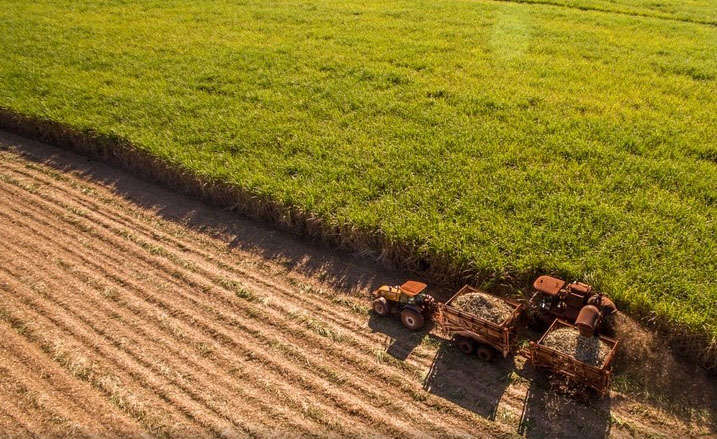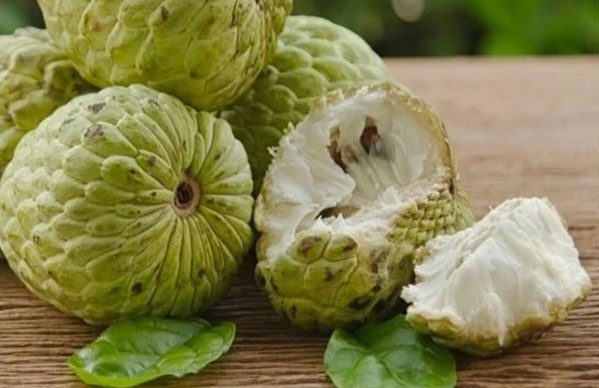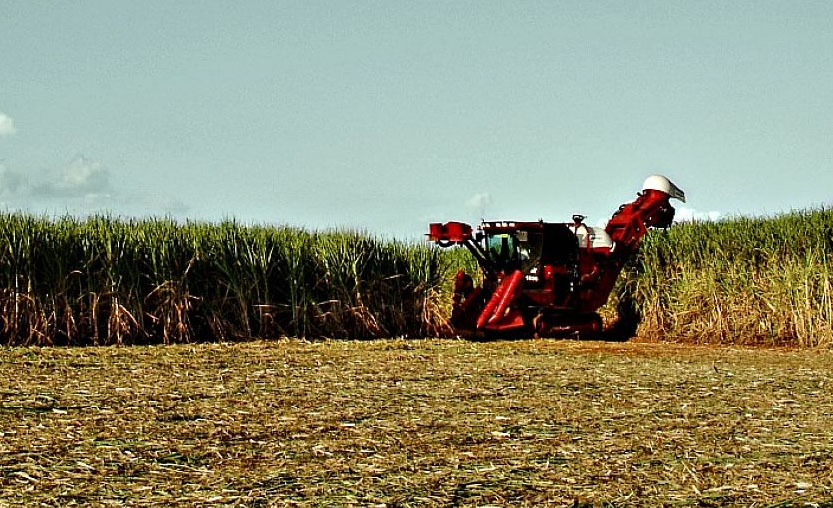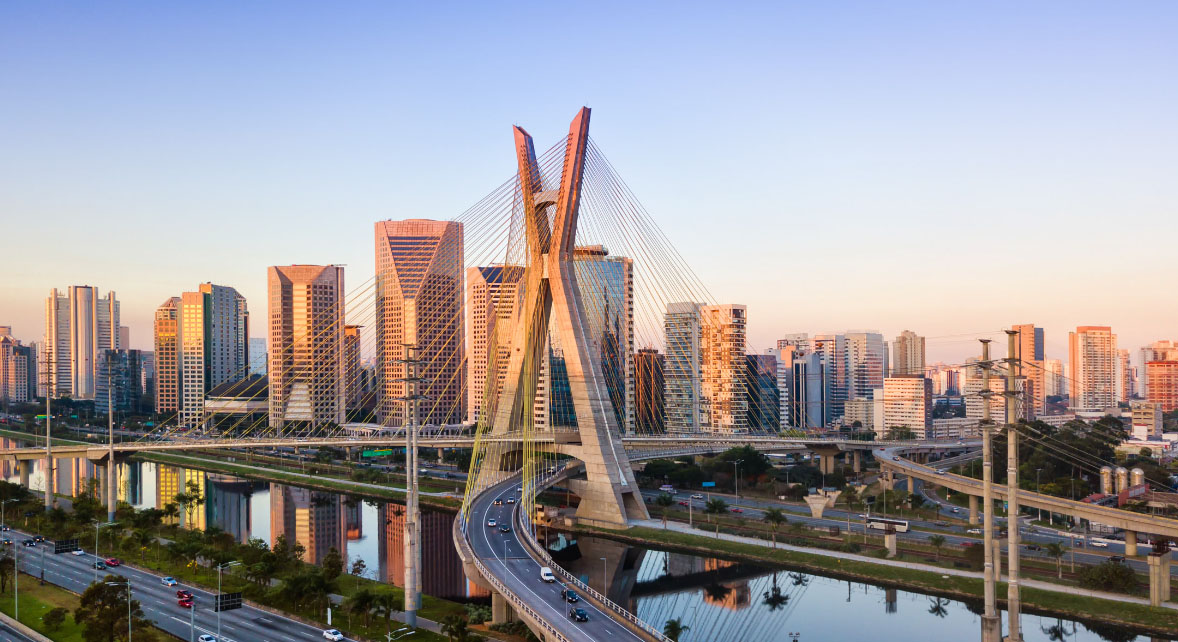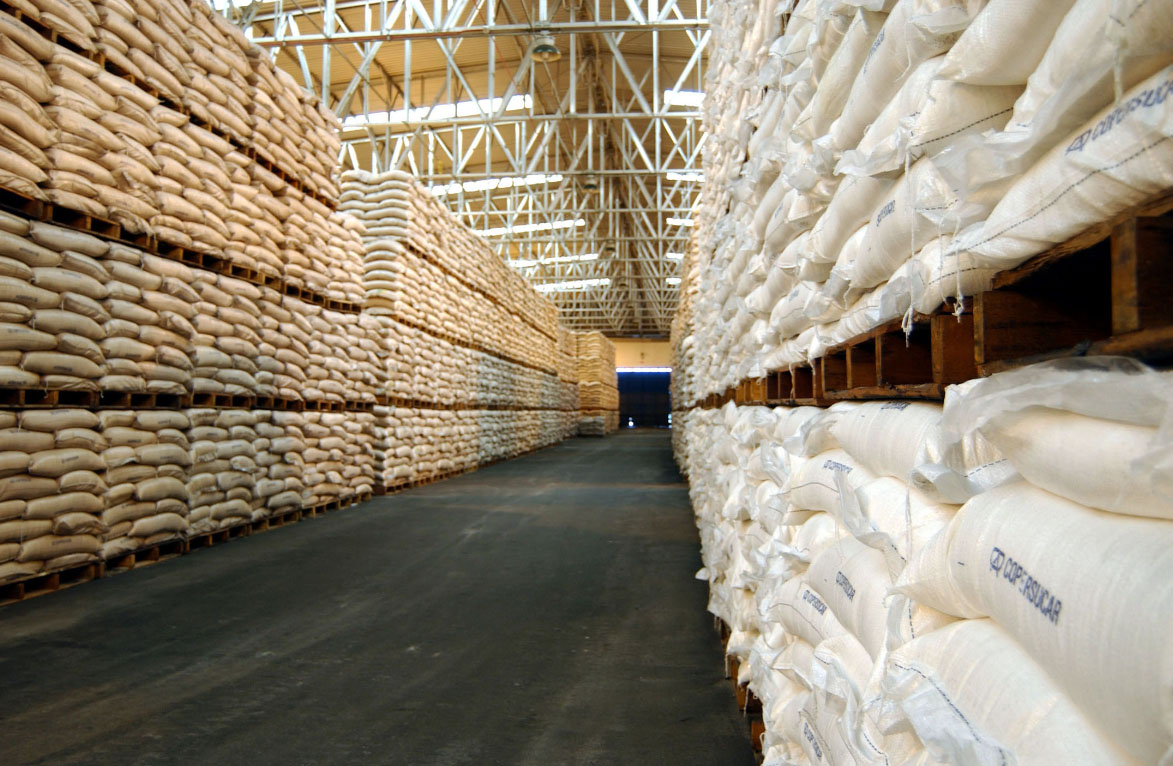Sugar, the
sweet elixir that has enchanted taste buds around the world for centuries,
finds a special place in the heart of Brazil. This South American giant not
only boasts breathtaking landscapes and vibrant cultures but is also one of the
largest sugar producers globally. In this blog post, we embark on a journey to
explore the rich history, cultural significance, and global impact of sugar
from Brazil.
The
Historical Roots
Sugar cane,
the source of sugar, arrived in Brazil during the early 16th century with
Portuguese colonizers. Its cultivation soon took root in the fertile lands of
the northeastern region, where the warm climate and abundant rainfall provided
ideal conditions for sugarcane growth.
The sugar
industry quickly became a driving force behind Brazil’s colonial economy,
leading to the establishment of vast sugar plantations known as
“engenhos.” These plantations, often worked by enslaved Africans,
laid the foundation for the country’s sugar production, marking the beginning
of a complex history intertwined with labor, trade, and cultural fusion.
Cultural
Significance
Sugar from
Brazil transcends its role as a mere commodity; it is deeply woven into the
cultural fabric of the country. From the joyful celebrations of Carnival to the
daily rituals of enjoying “café com açúcar” (coffee with sugar),
sugar holds a special place in the hearts of Brazilians. Brazilian cuisine,
known for its delectable desserts like “brigadeiro” (chocolate
truffles) and “quindim” (a custard-like sweet), relies heavily on
sugar as a primary ingredient. The blending of Portuguese, African, and
indigenous influences has resulted in a diverse and unique range of sweet
treats that showcase the country’s rich culinary heritage.
Global
Impact
Brazil’s
sugar production has a significant global impact. The country consistently
ranks among the top sugar producers and exporters worldwide, contributing to
meeting the world’s insatiable sweet tooth. Brazilian sugar, known for its
quality and versatility, is used not only in confectionery but also in the
production of biofuels and a range of food and beverage products. The
sustainable cultivation of sugarcane in Brazil has also gained prominence. Many
sugar producers in Brazil prioritize environmentally friendly practices, such
as ethanol production from sugarcane, reducing greenhouse gas emissions and
promoting renewable energy sources.
Conclusion
Sugar from
Brazil is more than just a sweet ingredient; it is a testament to the country’s
history, culture, and economic significance. As Brazil continues to play a
pivotal role in the global sugar market, its sugar industry remains a symbol of
the country’s resilience and innovation. Whether you savor a Brazilian dessert
or appreciate the sustainable practices behind Brazilian sugar, it’s clear that
this sweet journey from Brazil has left an indelible mark on the world’s
palate.

